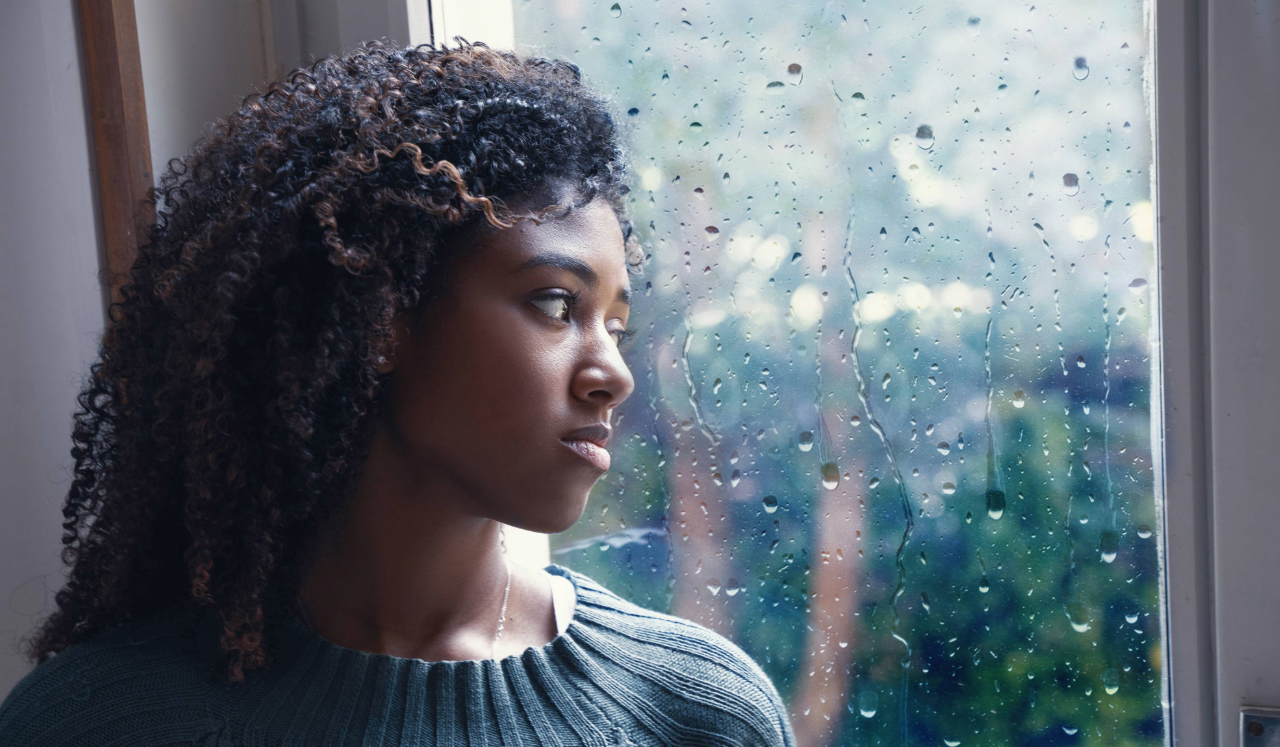When it’s cold and cloudy and you’re cooped up inside, you may feel down, listless and unmotivated.
“You may have seasonal depression, which tends to occur in the darker, cooler months of the year,” says Dr. Dalton Carter, MD, family medicine physician at Memorial Hermann Medical Group Summer Creek Primary Care. “Unlike other depression, it resolves when winter weather ends.”
Dr. Carter shares common questions about how to remedy the condition and how to avoid it in years to come.
How common is seasonal depression, and who gets it?
Between 10% and 20% of people get seasonal depression, otherwise referred to as seasonal affective disorder (SAD).
If you have a family history of depression or seasonal affective disorder, you’re more likely to suffer. And if you’re already depressed, your symptoms may worsen.
Women and younger adults are more vulnerable than men over 35. “We see seasonal depression a lot more in people ages 18-35,” Dr. Carter says. “We’re not sure why, but it may be that they miss social activities with friends.”
What is the leading cause of seasonal depression?
In trying to avoid the cold weather, people tend to spend more time indoors where sunlight may be lacking. Sun exposure helps your body’s inner clock, or circadian rhythm, run smoothly. And that helps you sleep better.
How can you prevent SAD?
Head outside, exercise, eat healthy and focus on your general wellness. All will help you achieve a brighter outlook, Dr. Carter says. “Get as much sun and light as you can.”
He also recommends that if you’ve had severe symptoms in the past, you might consider taking a vitamin D supplement prophylactically. Your doctor also may prescribe bupropion (Wellbutrin), which is approved by the U.S. Food and Drug Administration (FDA) for seasonal depression via feel-good chemicals dopamine and norepinephrine. Or your doctor may prescribe an antidepressant, such as a selective serotonin reuptake inhibitor (SSRI).
Don’t wait to act. “You should start with these measures when you or others first experience symptoms,” Dr. Carter says.
What can you do if you’re already suffering from seasonal depression?
Escaping to a warm and sunny place may really help—but the time commitment and financial costs may not be possible, he says.
Open your blinds when you’re indoors or buy full-spectrum lights expressly for seasonal depression. But even putting on the ring light you use for social media or turning on your light-rimmed makeup mirror can help, Dr. Carter says.
How much light do you need?
Ideally, time your light intake during the hours you’d normally be awake, so that you don’t disrupt your wake-sleep cycle, he says. “But if the only time you have is at night, any exposure is good. Try to get as close to an hour, but whatever you can get during the day will benefit you.”
And don’t quit: “Use full-spectrum lights throughout winter because seasonal symptoms can return quickly after you stop using light therapy.”
When is it time to seek professional help?
Seek aid from your family practitioner or therapist if your depression causes you to withdraw from your regular activities or think about harming yourself or others. You should also seek professional help if you experience psychosis, meaning you see or hear things that other people you’re with do not.
You also can call, text or chat with a crisis counselor via 988. The 988 Suicide and Crisis Lifeline is available 24/7 in English and Spanish. The hard of hearing can dial 711 and then 988.


